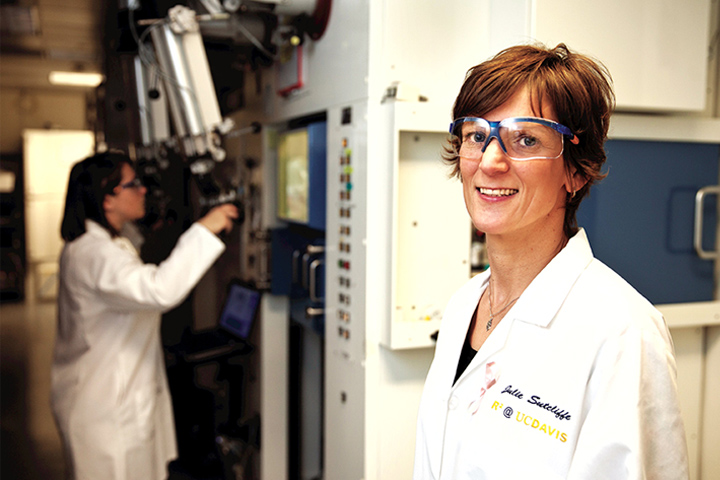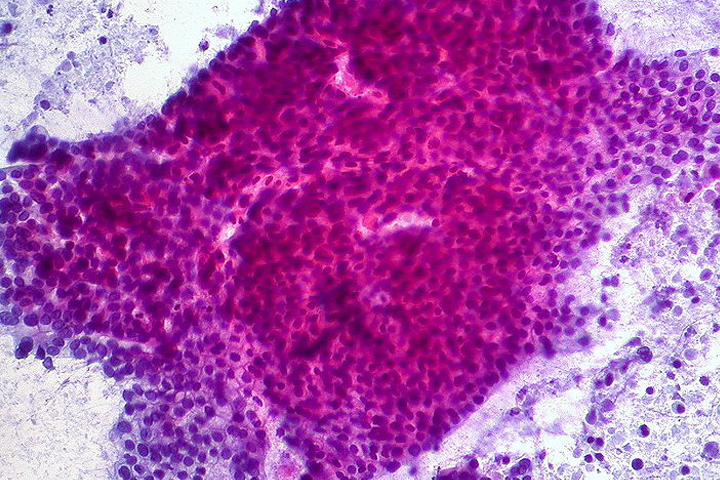Blog
6 Articles

What Drives Pancreatic Cancer Spread?
Dr. Gina Razidlo and her team focus on how stop metastasis–pancreatic cancer spreading–to aid in drug development.

AACR Virtual Special Conference on Pancreatic Cancer: Day Two Highlights
Let’s Win and the Lustgarten Foundation present highlights of Day Two of the AACR Virtual Special Conference on Pancreatic Cancer.

AACR Virtual Special Conference on Pancreatic Cancer: Day One Highlights
Let’s Win and the Lustgarten Foundation present highlights of Day One of the AACR Virtual Special Conference on Pancreatic Cancer.

Harnessing the Power of Radionuclide Therapy
Julie Sutcliffe is working with targeted radionuclide therapy to go after pancreatic cancer cells that have spread beyond the pancreas.

Immunology Researchers Solve a Mystery of Metastasis
Physician and researcher Douglas Fearon and his lab have a possible explanation for how cancer cells metastasize, and the role surgery may play in this process.

Why You Need This Simple Blood Test at Diagnosis
An important factor in determining which treatment to use for pancreatic cancer patients is measuring the level of tumor marker CA-19-9. Learn more here.